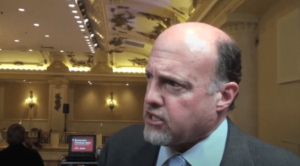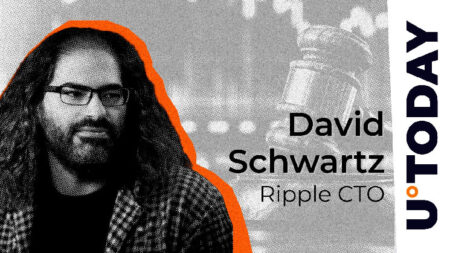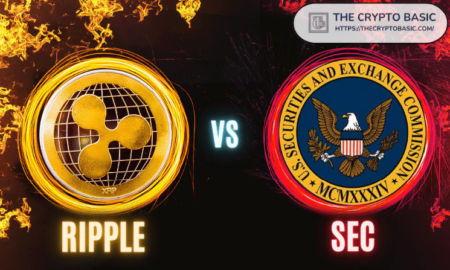The Chief Legal Officer (CLO) of Ripple, Stuart Alderoty has again provided insights into the court decision in the SEC v. Coinbase legal tussle.
On March 27, U.S. District Judge Katherine Polk Failla ruled in favor of the SEC, allowing the Coinbase lawsuit to proceed to the discovery phase. Alderoty has been commenting on the decision since it went public.
Over the weekend, he suggested that the SEC presented a facade that would require the regulatory agency to provide strong evidence to support its allegations when the trial commences.
Alderoty Faults Court’s Definition of Crypto Ecosystem
In a post yesterday, Alderoty criticized the decision, stating that it offered four different “confusing definitions” regarding what constitutes a crypto ecosystem. The Ripple CLO attached excerpts from the ruling highlighting the confusing definitions of a crypto ecosystem.
Last week’s Coinbase decision has 4 different confusing definitions of what constitutes a crypto “ecosystem.” pic.twitter.com/GZlH0l51c6
— Stuart Alderoty (@s_alderoty) April 1, 2024
According to the document, the court emphasized that the SEC specifically defined ecosystem in a narrow sense to refer to the coordinated enterprise contemplated by the issuers and promoters of all 13 crypto assets the regulator labeled as securities in the Coinbase lawsuit, including SOL, ADA, and MATIC.
However, the court gave a broader definition, stating that an ecosystem includes the issuer of the token, crypto asset providers like exchanges, wallet providers offering secured storage for the asset, the token’s underlying technology, as well as regulated financial institutions that have exposure to the token.
Reacting, Alderoty characterized the definition of an ecosystem in the Coinbase lawsuit as legal gibberish. He noted that the SEC’s position suggests that by acquiring a token, an individual is inherently investing in an ecosystem, irrespective of the circumstances regarding the acquisition.
Ripple Ruling Brought to Light
Furthermore, Alderoty recalled an incident where the judge in the Ripple lawsuit, Judge Analisa Torres, recognized that the SEC had strayed from the Howey test as regards Ripple’s programmatic sales of XRP.
In the ruling, Judge Torres held that programmatic investors did not expect to make profits from Ripple’s efforts because the sales were executed in blind bid/ask transactions.
“[…] Programmatic buyers could not have known if their payments of money went to Ripple or any other sellers of XRP,” the ruling noted.
Pro-XRP Lawyer Shades SEC
With Alderoty mentioning the Ripple decision in his latest analysis, prominent legal expert Bill Morgan weighed in on the issue. Attorney Morgan shaded the SEC for classifying Ripple’s XRP sales into three categories but failing to provide sufficient evidence for claims on the third class: other distributions.
Notably, Judge Torres held that there was no proof showing that Ripple funded its project by transferring XRP to third parties and having them sell the coins to raise funds.
Commenting on the decision, Attorney Morgan speculated that the SEC might have considered other distributions of XRP to be part of an ecosystem but not a common enterprise. He noted that other distributions of XRP did not constitute investment contracts.
Read the full article here









